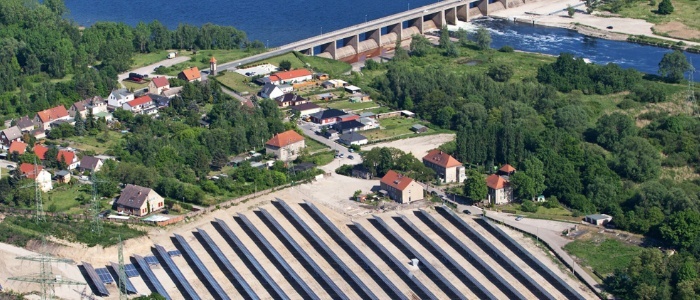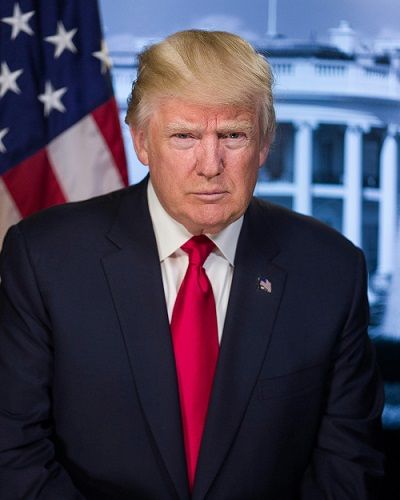With just a few strokes of the pen, US President Trump is causing billions in losses on the books. His tariff policy is a one-sided declaration of war on global trade and the stock markets are tumbling. “But in addition to the short-term upheavals, the framework conditions will change over the long term“, says Patrick Lemcke-Braselmann, Co-CEO of aream Group SE. “While investors are looking for less volatility in the short term, they will repatriate capital in the medium term and prefer to invest closer to home.“
Donald Trump is striving for the resurgence of an industrial America that has long seemed a thing of the past. “This time, tariff policy is not just a bargaining chip, but a genuine attempt to isolate the USA from the rest of the world“, says Lemcke-Braselmann. “That's a shame in any case, but complaining will not help.“ So instead of hoping that the USA's customs policy will change, companies, investors and countries will have to pursue alternative strategies.
The setbacks on the stock markets are just one part of the picture; there are also credit risks, particularly for highly indebted countries, which are likely to have an even greater impact. “France, for example, is hardly in a position to cope with higher interest rates in the long term“, says Lemcke-Braselmann. “This will lead to a countermovement in which capital will be brought back to Europe.“ China has been selling US government bonds for some time now and storing gold instead. The high gold price is also partly driven by this development.
“It would be quite easy for European or Asian countries to redirect capital flows”, says Lemcke-Braselmann. “A minimum investment share could be quickly introduced domestically through regulatory requirements. ”As around 60 per cent of US government debt is held by foreign investors, this would certainly have an impact, putting even more pressure on the US stock market - and freeing up a lot of money for investments in Europe or Asia.
This is not the first time that a US government has shaken up the global economic system: at the beginning of the 1970s, the US under President Nixon left the Bretton Woods system and thus ended the dollar’s nominal gold peg. ”This led to a massive devaluation of the dollar, global inflation, two oil shocks - and ultimately to the birth of the euro“, says Lemcke-Braselmann.
This raises the question of whether Trump might want to negotiate tariffs again after all. ”Even if he does, it would actually be good to say: let him have his tariffs, we'll react in our own way.” In any case, investors will now take a much closer look at whether they want to invest in the USA, given the unpredictability of its policies. In addition, more stable asset classes such as infrastructure investments will be in greater demand again in future, as the high volatility of the equity and bond markets is leading to a reluctance to invest. “The whole thing will then take place with a home bias; large institutional investors will invest in their home markets“, says Lemcke-Braselmann.
Two major trends are therefore foreseeable, regardless of what the Trump administration's short-term decisions look like: There will be more investment in domestic economic regions. And investors will try to reduce volatility and associated risks. “Both trends speak in favour of real assets and infrastructure investments in Europe“, says Lemcke-Braselmann.
PRESSEKONTAKT:
Leandra Kiebach
T: +49 (0)211 30 20 60 4-2
E: lk@aream.de


